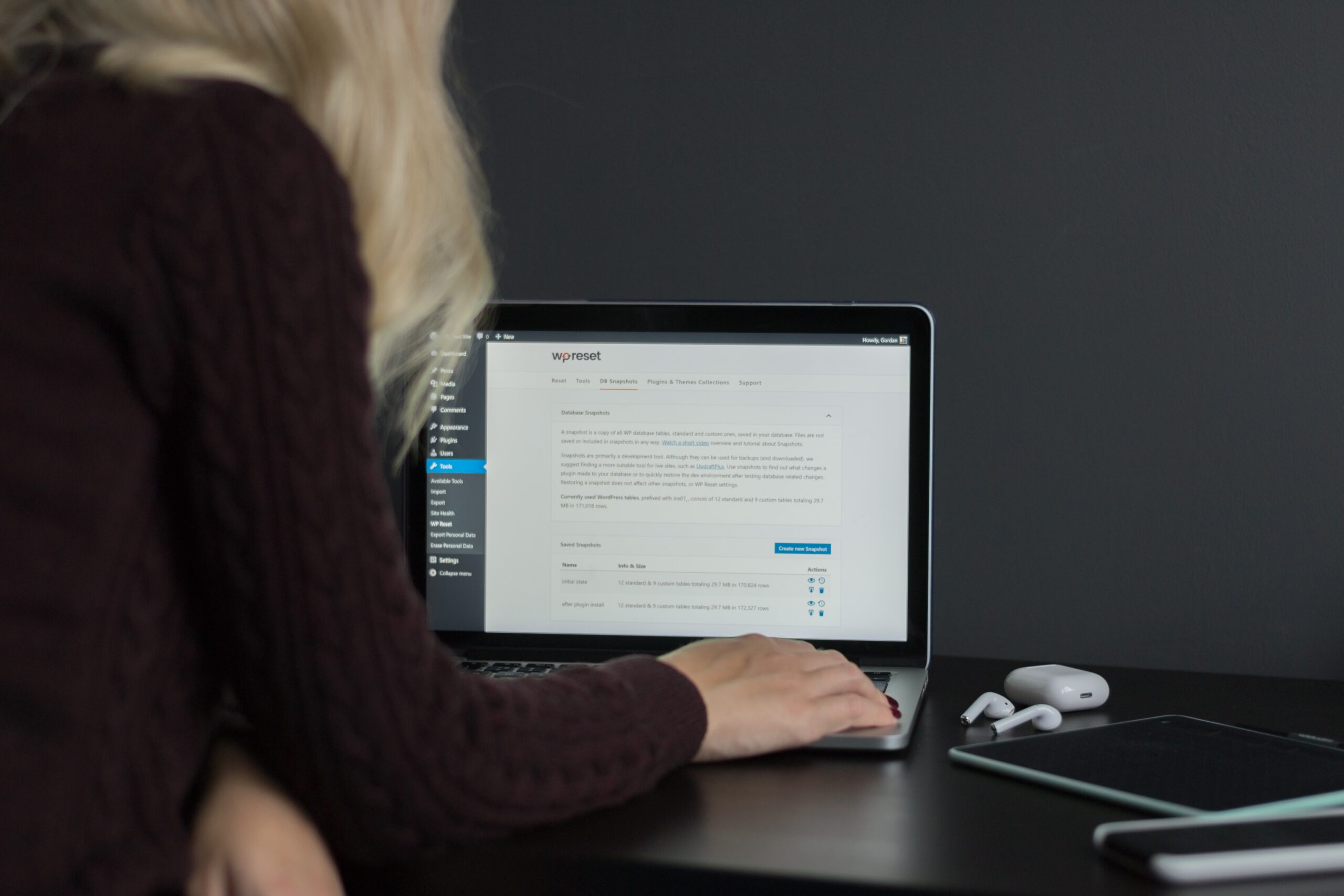
WordPress, while being one of the most user-friendly and feature-rich platforms for website creation, is also a common target for hackers and malicious attacks. Protecting your WordPress website from such threats is not just recommended, it’s essential. A secure website ensures the safety of your data and the trust of your visitors. Here’s a guide to the fundamental steps and best practices in WordPress security.
- Keep WordPress Updated
One of the simplest yet most effective security measures is keeping your WordPress core, themes, and plugins up to date. Developers regularly release updates that not only add features but also patch security vulnerabilities. Enable automatic updates where possible, and routinely check for and apply updates to ensure your site has the latest security fixes.
- Strengthen Login Credentials
Weak login credentials are a common entry point for attackers. To enhance login security, use strong, unique passwords for your WordPress admin area, and change them regularly. Consider using a password manager to generate and store complex passwords. Additionally, change the default “admin” username to something less predictable to avoid brute-force attacks.
- Implement Two-Factor Authentication
Two-factor authentication (2FA) adds an extra layer of security by requiring a second form of verification in addition to the password. This could be a text message, an email, or a notification through a 2FA app. Many security plugins offer 2FA functionality, significantly reducing the risk of unauthorized access even if a password is compromised.
- Choose Quality Hosting
Your hosting provider plays a crucial role in the security of your WordPress site. Opt for a hosting provider known for taking security seriously, offering features like regular backups, firewalls, and malware scanning. Many managed WordPress hosting solutions offer enhanced security specifically configured for WordPress websites.
- Install Security Plugins
Security plugins can greatly enhance your WordPress site’s defenses by offering features like firewalls, security audits, malware scanning, and more. Plugins such as Wordfence, iThemes Security, or Sucuri can monitor your website for suspicious activity and protect it against common threats. However, ensure you use reputable plugins and keep them updated to avoid introducing vulnerabilities.
- Regular Backups
Regular backups are your safety net in case of a security breach. Use a plugin or your hosting provider’s service to schedule automatic backups of your WordPress site. Store backups in a secure, off-site location so you can restore your site quickly if needed. It’s also important to periodically test your backups to confirm they work as intended.
- Limit Login Attempts
To prevent brute force attacks, it’s wise to limit the number of login attempts from a single IP address. Security plugins often include this feature, which blocks an IP after a set number of failed login attempts. This simple step can deter attackers and prevent them from using automated scripts to guess your credentials.
- Secure File Permissions
File permissions determine who can read, write, and execute files on your server. Incorrect file permissions can leave your site vulnerable to attacks. Check that your file permissions are set correctly, following the WordPress Codex guidelines, or ask your hosting provider to ensure they are configured for optimum security.
In conclusion, maintaining a secure 워드프레스 결제 website is a continuous process that requires attention to detail and proactive measures. By following these security essentials, you can safeguard your site from potential threats, protect your data, and provide a secure environment for your users. Remember, investing in security is not just about protecting your website—it’s about protecting your reputation and the trust of those who visit your online space.